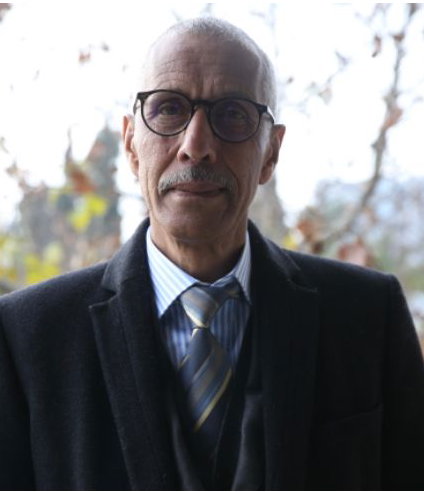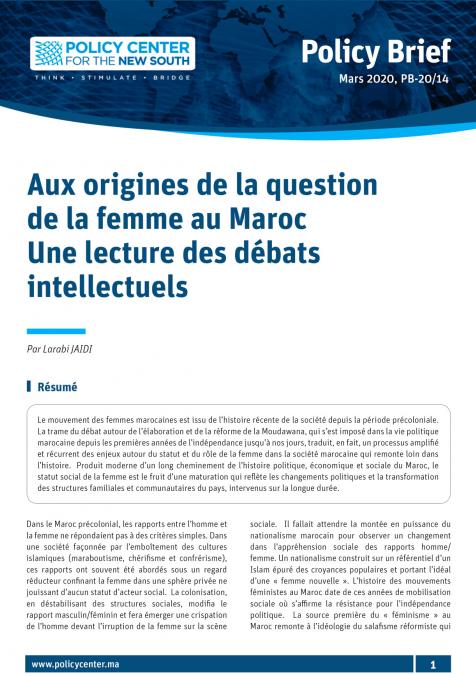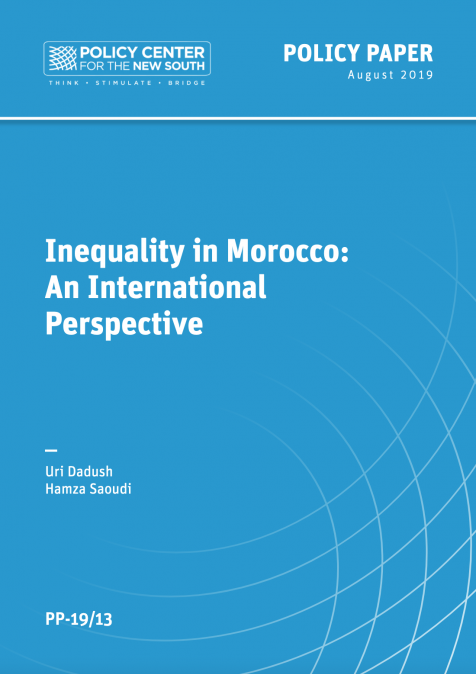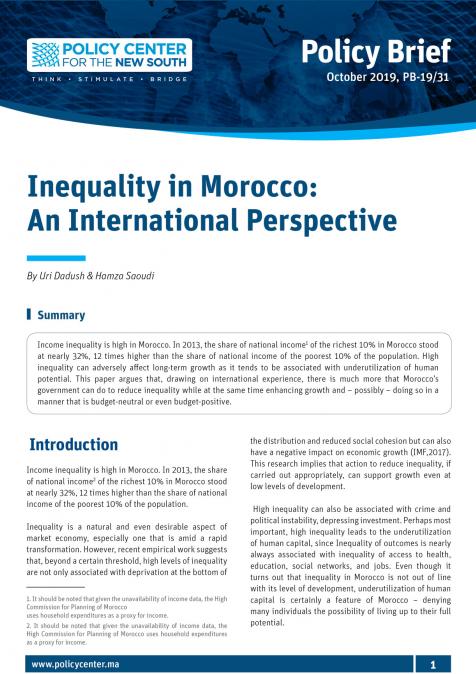نص دستور سنة 2011 في عدد من بنوده على دعم الآليات التي من شأنها ترسيخ قيم الشفافية وتعزيز الحكامة الجيدة ومكافحة كل مظاهر الفساد من خلال ربط المسؤولية بالمحاسبة، وذلك من أجل الحفاظ على الأموال والممتلكات العمومية. غير أن المغرب شهد تراجعاً في مؤشر إدراك الفساد الذي تصدره منظمة الشفافية الدولية، إذ حل عام 2020 في المرتبة 86، بعدما حل في المرتبة 80 عام 2019. كيف يمكن فهم الرشوة اليوم في مختلف تجلياتها وكيف نربط مكافحتها بآليات الحكامة الجيدة؟ ما هي المقتضيات التي من شأنها مكافحة كل مظاهر الفساد وتعزيز الحكامة الجيدة على المستوى المؤسساتي والقانوني؟
المواطن بشكل عام والمقاول والمستثمر الأجنبي لا يلمسون ترجمة فعلية للخطاب السياسي الذي يدين الفساد ويعد بمحاربته، وذلك على الرغم من القوانين التي يتم بلورتها أو الهيئات التي يتم إقرارها والالتزامات الدولية التي قطعها البلد على نفسه. كيف يمكن تخطي هذا التحدي؟ وأين تتجلى الأدوار الرقابية وأدوار التتبع والتقييم والتشاور والوساطة الموكلة للمؤسسات الدستورية المعنية بترسيخ الحكامة الجيدة؟







